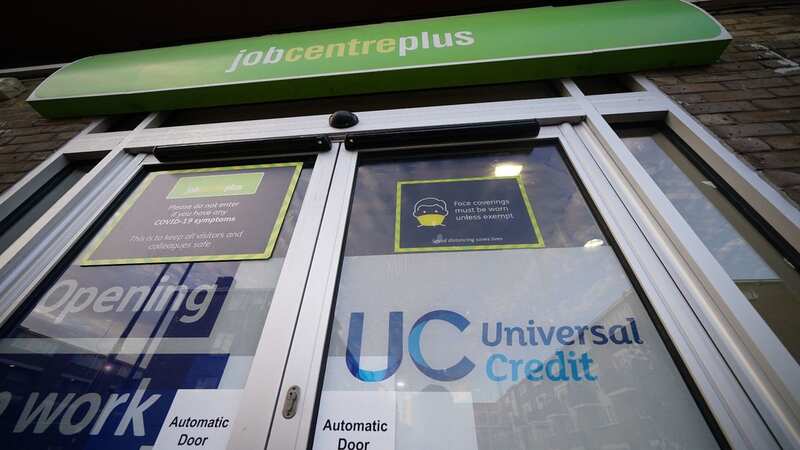How the leap year affects Universal Credit payments - do you get paid more

2024 is a leap year, which means February has an extra day - but how does this affect your Universal Credit payment?
Universal Credit is a Department for Work and Pensions (DWP) benefit and is paid to around six million people in the UK. You can claim Universal Credit if you are unemployed and if you are working but on a low income and there is no set level for how much money you get every month - what you get is dependent on your personal circumstances.
This year, February has 29 days rather than 28 - meaning the month is slightly longer than usual. According to the DWP, the standard monthly allowance for Universal Credit remains the same each month no matter how many days there are. This means you may need to make your Universal Credit payment stretch a tad further than you would be used to in February.
The standard allowance is currently £292.11 for a single person under 25 and £368.74 for those 25 and over. For those who are in a couple and under 25 the standard allowance sits at £458.51, while couples where one or both partners are 25-years-old are entitled to £578.82 - you can get extra if you have children, a disability, or have help with housing costs.
This February, if you receive the basic standard allowance as a single person and are under 25, your Universal Credit payment will give you £10.07 a day and if you are over you will have £12.71 a day. For couples, you will have £15.81 a day or £19.95 respectively.
 8 money changes coming in February including Universal Credit and passport fees
8 money changes coming in February including Universal Credit and passport fees
In a normal 28 day February, you would have slightly more at £10.43 a day, £13.16 a day, £16.37 a day or £20.67 - this is 36p, 45p, 56p, and 67p more than you are going to receive this year. However, it is also important to note that there are still less days in February this year than compared to other months which have 30 or 31. This means you will still have a little more to play with this month compared to January.
Alongside this, Universal Credit is paid every four weeks and if you are due to receive your benefit payment on the 30 or 31 of this month, you will instead receive it on the 29 instead. This is because it is the last working day of the month falling on a Thursday.
If you're due to be paid on 28 February, then your payments will be unaffected and you should still get your payment on the same day. If your payment date falls on a weekend, it will be sent to your account on the working day before as usual.
Each leap year an issue arises on the topic of Universal Credit's Housing Allowance and some claimants are concerned about how the extra day will affect it due to how the benefit works.
Universal Credit payments are worked out based on 52 weeks of the year. There are 53 Mondays this year, but claimants will still only receive the same amount as if there were 52 Mondays. This could potentially risk claimants falling into arrears at the end of the year.
The last time there was a leap year – in 2020 – the DWP clarified that most of the final payment given to recipients would cover the first week's rent for the following year, and it wouldn't make much of a difference.
At the time, the DWP said: "Having 53 rent days does not mean paying more rent over a year as most of the final payment will cover the first week's rent for the following year." The DWP has not yet confirmed if this will be the case this year.
Read more similar news:
Comments:
comments powered by Disqus

































